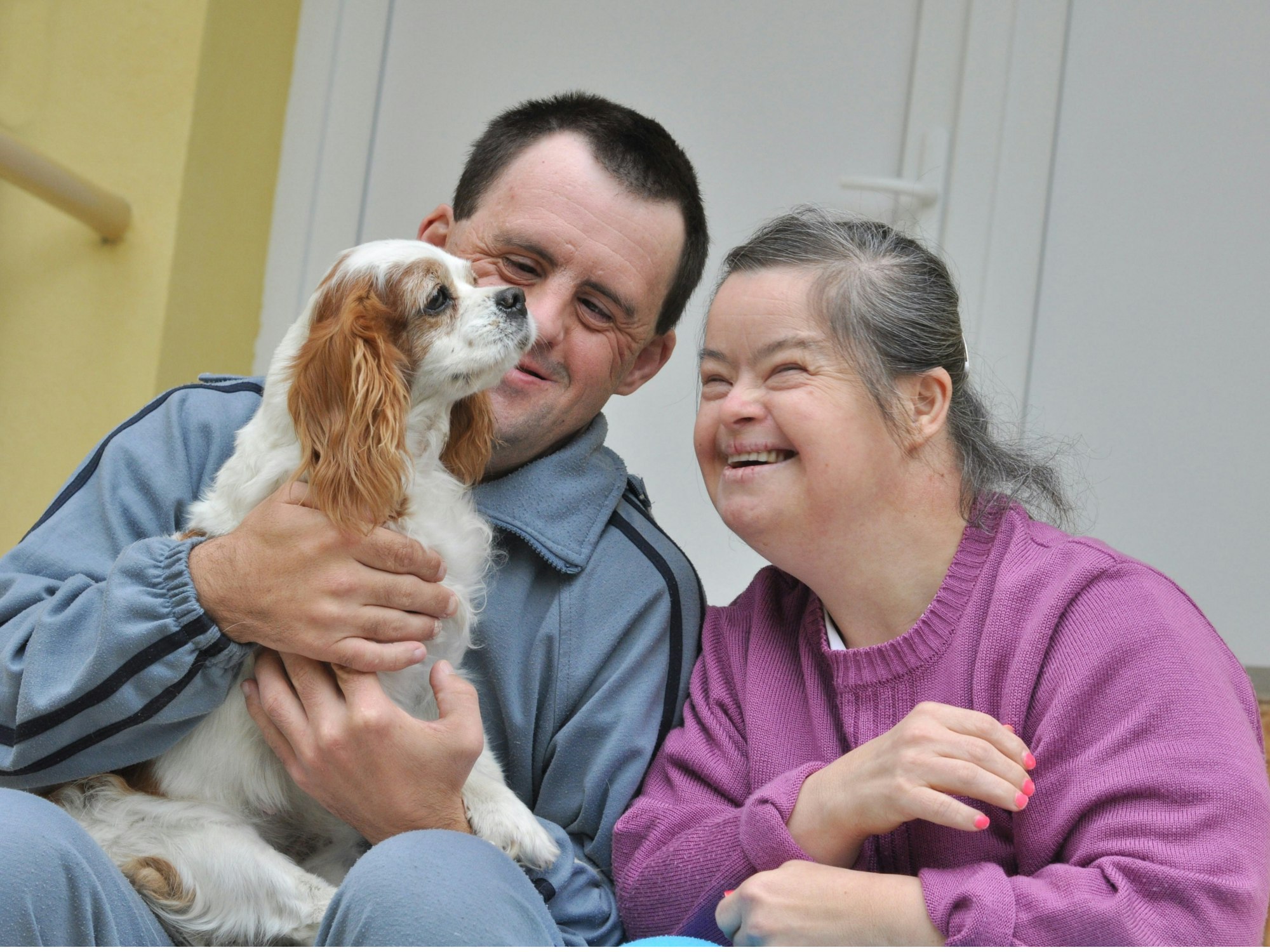Pet dogs proved to help intellectual disability community

If you thought dogs only offer joy and companionship to humans, think again.
New studies from one of Australia’s leading universities have revealed that the four-legged friends can also improve the social lives of people with intellectual disabilities.
La Trobe’s Living with Disability Research Centre teamed up with Victorian-based charity Righteous Pups Australia (RPA) to complete the case study.
Research fellow Emma Bould said people with intellectual disabilities were one of the most socially excluded groups in society with profound results being presented.
“There is little evidence about effective models to increase social inclusion or to enable people with intellectual disabilities to connect with others,” Dr Bould says.
“Our findings showed there were significantly more encounters between participants and strangers when a dog was present.”
Sixteen adults with intellectual disabilities were involved in the study.
Half of the the participants were taken on 14 outings with a dog and its handler, while the other half had 14 outings with a handler alone, followed by five outings with a handler and a dog.
The results indicated that those with a dog experienced more positive encounters with others, were more quickly recognised and acknowledged and showed greater confidence to engage socially with strangers.
Righteous Pups Australia managing director Joanne Baker witnessed those results first-hand and says it was “wonderful” to see those bonds being formed.
“Most people wanted to be inclusive towards the people with intellectual disabilities, it’s just that they didn’t know how, or were scared to risk and then opted for the safer choice to disengage,” she says.
“Slowly and gently, I saw the dogs form the bridge across the chasm of isolation to inclusion.”
RPA’s mission to raise and train assistance dogs to do a variety of practical tasks for children and adults with mobility issues, and to act as companion dogs for the elderly and socially isolated.
Dr Bould says the the study could inspire more programs being introduced as part of the National Disability Insurance Scheme (NDIS).
“The NDIS is likely to open up possibilities for more individualised interventions to support community participation for people with intellectual disabilities,” she said.
“Our study highlights the potential for a dog walking program to encourage encounters, which could help people build a sense of identity and belonging in the community.”